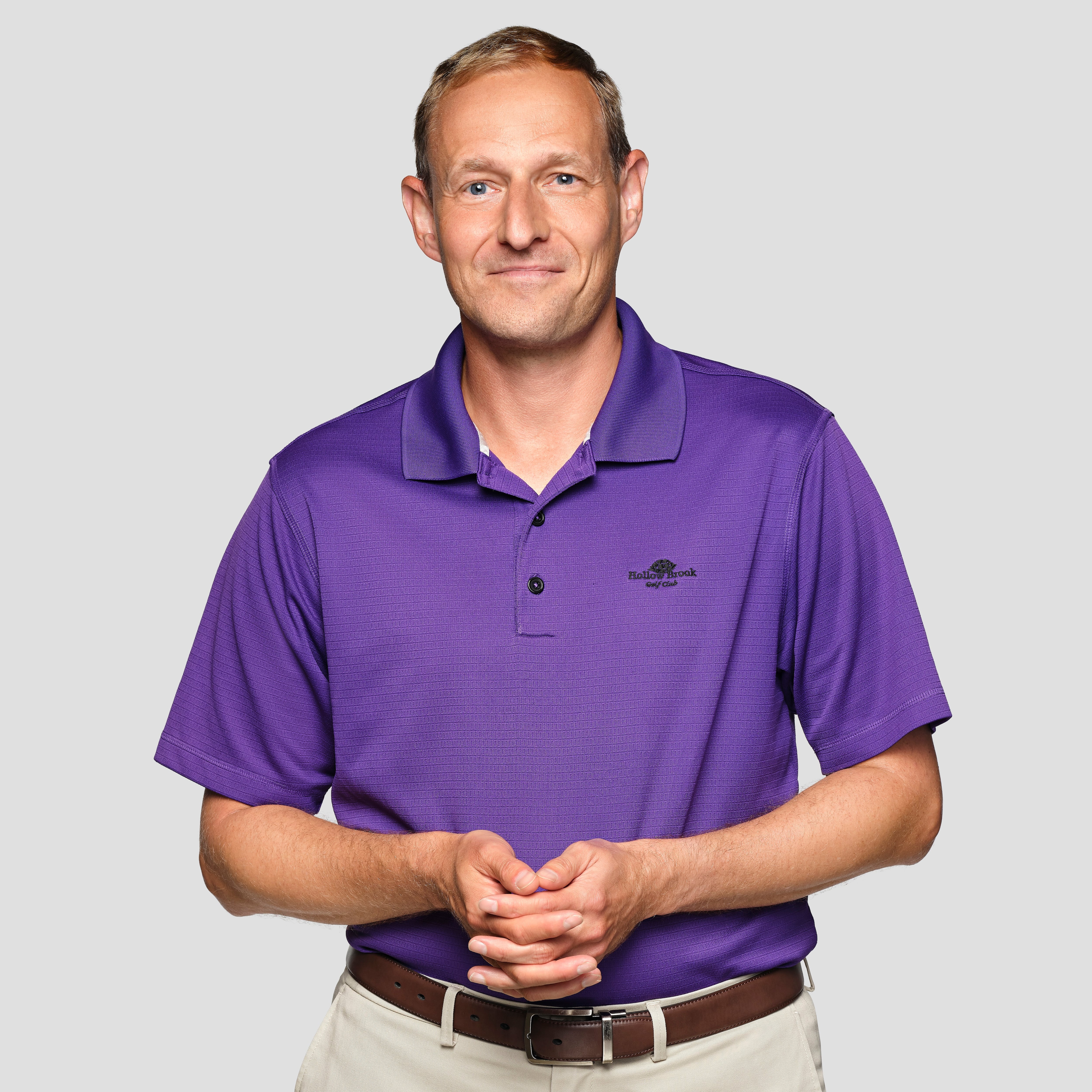
Twenty-seven years in the past, Matthias Steffen graduated from Emory College with a level in physics. He later earned his doctorate in electrical engineering from Stanford. Since then, he has devoted his life to the self-discipline that’s poised to clarify matter and revolutionize the technological world.
Steffen joined IBM in 2006 and, for the previous 15 years, has led the agency’s Quantum Processor Applied sciences group. He’s accountable for the design, development and testing of superior, large-scale programs to appreciate quantum benefit and error-tolerant computing. Steffen not too long ago introduced Quantum Starling, the system poised to revolutionize this area because the world’s first large-scale quantum supercomputer.
Query. What does Quantum Starling entail?
Reply. On this area, we’re all [grappling with] learn how to cope with the errors that quantum computer systems are very susceptible to. We have to discover correction codes to exponentially suppress error charges, with a slight enhance in assets. Our group has found LDPC (low-density parity-check) codes. With this and new {hardware} applied sciences, we now have a plan that may permit us to construct Starling, which can have 200 logical qubits and have the ability to carry out 100 million quantum operations on that system by 2029.
Q. Does this imply that we’ll quickly have the ability to obtain quantum benefit? Will we have the ability to resolve issues considerably quicker – or extra effectively – than with any identified classical supercomputer?
A. It would mark the start of large-scale downside fixing. We’re pretty assured that we’ll have the ability to sort out attention-grabbing issues that require quantum benefit. We’re already in a position to resolve the bottom state of some complicated molecules and compete with the best-known classical strategies.
Q. Will a single Starling unit be 20,000 occasions extra highly effective than any present quantum laptop?
A. We’re getting the 20,000 quantity as a result of [error-correcting] codes permit us to exponentially suppress errors utilizing small teams of bodily qubits, [hence] permitting us to execute 100 million quantum gates. That’s actually highly effective. Decreasing errors to an extremely small [amount] permits us to execute 100 million operations with 200 logical qubits.
Q. Starling shall be operational in 2029. Are any prototypes already being examined?
A. Sure, we’re constructing small prototype constructions. This explicit error-correcting code requires further {hardware} growth that – till earlier this 12 months – didn’t actually fairly exist. We have now a number of take a look at units the place we’ve coupled one qubit to 6 others with out observing any discount in efficiency in comparison with our present processors. [This] additionally requires bodily lengthy [and high-quality] connections, with none efficiency degradation.
We’ve additionally improved the design methodology. The take a look at constructions we’ve constructed within the lab incorporate all of the elements which have been examined individually. IBM has a protracted historical past not solely within the design, but in addition within the manufacturing of semiconductors. I’m actually proud to be a part of this group.
Q. Will Starling be accessible over the web?
A. Our objective is to make all these units and programs accessible to shoppers.
Q. Does the system contain synthetic intelligence, or is it simply quantum know-how?
A. Excessive-level quantum computing is a technique to unravel sure computational issues. It’s definitely not the magic bullet to unravel the entire world’s issues, however [when it comes to] very particular ones, we all know that there’s an exponential quantum benefit to utilizing quantum computer systems. And that is the half that’s actually thrilling. [It also] suits very effectively with the remainder of the corporate’s enterprise mannequin. IBM is a hybrid cloud and synthetic intelligence firm. The intention right here is to offer computing options to shoppers within the type of hybrid cloud, AI and quantum options. Our intention is to seamlessly combine all computing applied sciences.
Join our weekly e-newsletter to get extra English-language information protection from EL PAÍS USA Version

